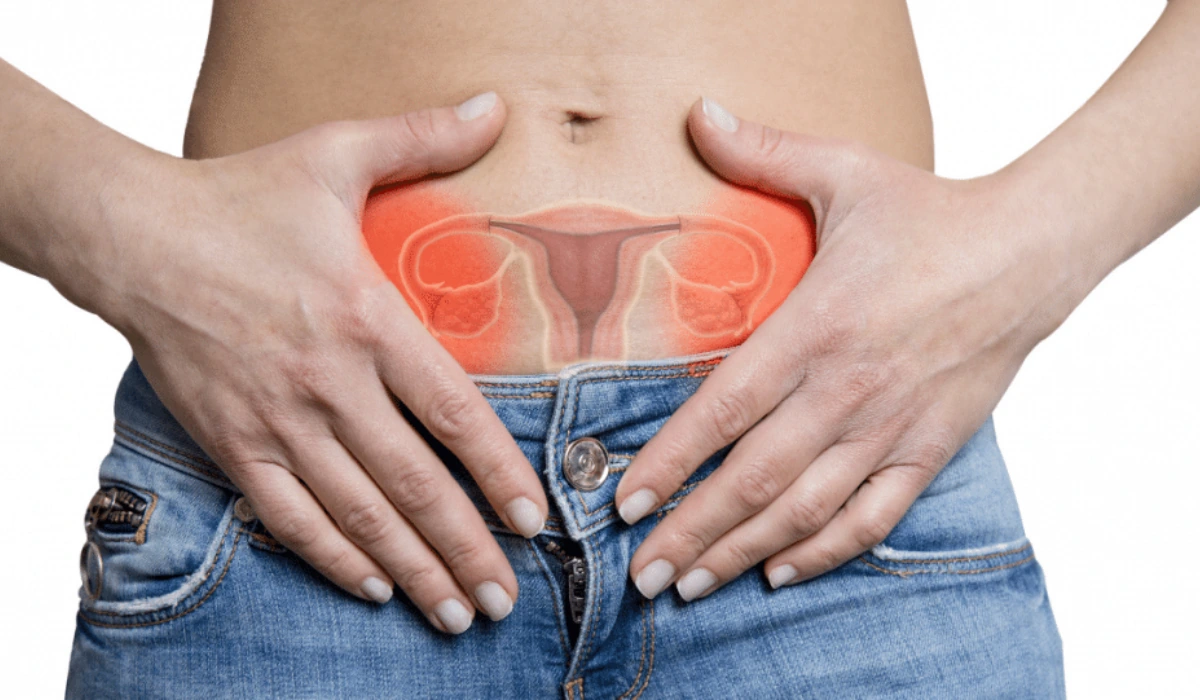Being moody and down during your menstrual period is quite common and often talked about. But have you heard about the issues that you are likely to go through during the ovulating period of your cycle? However, you might have heard about the Premenstrual Syndrome, which has gained popularity through the new media.
Apart from that, it is also inevitable that you know about a more intense condition of PMS which can be termed PMDD (Premenstrual Mood Disturbance). According to recent studies, it has been found that 5-10 % of women in their reproductive years across the globe are prone to this condition.
This article is all you need to know about the issue of such mood disturbances and mental health conditions that are slightly depressing that women are likely to experience.
A note on ovulation
When it comes to the mood disturbances, and emotional disturbances that you are likely to experience during the days of ovulation, it is important to have a word on ovulation, to have a much more comprehensive understanding regarding the same. Apart from that, it will also let you have an idea regarding the hormones involved in the process.

Ovulation is a periodical biological process that happens in women of their reproductive age when the estrogen and luteinizing hormones in their body reach the highest levels. At this point in time, the ovaries in your body release an egg that has been completely matured in order to get fertilized.
This process is likely to cause a lot of different changes in the human body and they include a range of physical, emotional, and psychological changes. According to the studies conducted so far a majority of women have reported that they have experienced this particular issue of mood disturbances, and depression in a greater intensity when compared to the days before ovulation and also the days after the process.
This article will also let you know some effective tips and tricks through which you can effectively deal with such emotional disturbances and thus maintain a balanced mental state during this period. This can significantly help you in facing the daily chores and challenges with much more efficiency and effortlessness.
The period of ovulation
If you would like to analyse your body, hormones associated with reproduction as well as your mood, and all the emotional changes that can happen during this period, it is important to when this particular process of ovulation is likely to happen during your 28-day cycle. This can only be an approximate calculation, since the 28-day cycle may vary from person to person.
Apart from that, usually, the first half of the cycle, which is the one that comes soon after your menstruation, can be relatively longer when compared to the other half when you are approaching the next menstruation.
However, generally, it is likely to happen on the 14th day after your previous menstrual date. Hence, it can roughly be expected to happen in the middle of your monthly cycle.
Ovulation and the mood Swings
It is important to have the right mindset and be ready for the mood changes that are likely to happen during your ovulation and soon after it. Soon after the process of ovulation, your body may experience a sudden fall in the estrogen levels of your body.
The fall in the levels of this particular women’s hormone can directly affect the levels of serotonin in your body and cause a significant fall in the same. Serotonin is kind of a happy hormone that can help in maintaining a good mood in human beings.
When we experience a sudden fall in the same, we likely experience mood swings, depression, and irritability that are unexplained during this period. In some individuals, this sudden fall can also lead to issues such as anxiety and stress.
Ovulation is also a process that has a significant role in the levels of progesterone hormones found in your body. When the levels of progesterone are also not maintained in a balance in the body, you can be again subjected to issues such as frustration, depression, anxiety, stress, and so on. Apart from that, you may also feel less motivated to take up the new challenges and chores that come along your way.
Moreover, the estrogen fluctuations found during the ovulation and soon after the ovulation also have a direct role in determining the mood and physical energy in women. Hence, it is quite common for women in their reproductive ages to feel tired and anxious during this period when they do not feel like doing it.
Another important thing that you should consider while analyzing your body, the emotional, physical, and mental difficulties that you may feel during this period, is nothing but genetics. Ask the women who are related by blood to you about the experiences and mood issues that they have been or had experienced during their ovulation cycles.
How to beat mood-related issues of ovulation?
- One of the most effective ways through which you can get over this issue is by scheduling therapy appointments while you are going through this particular phase. However, if you are not into investing a lot into this every month, you can also get your hands on a lot of other tips and tricks that have been mentioned below.
- If you have monthly targets to achieve in your work, reschedule the most hectic work to the first half of your menstrual cycle.
- Having some me-time and finding your means of pampering yourself such as skincare, reading, or listening to music, etc can also help.
These are all you need to know about ovulation and the mood swings associated with it. Even if you are not a woman, try to have a comprehensive understanding of these things which can help you in treating the women around you better. However, being a woman, it is quite inevitable to understand your body and its periodical challenges to accept the changes and get prepared beforehand.

